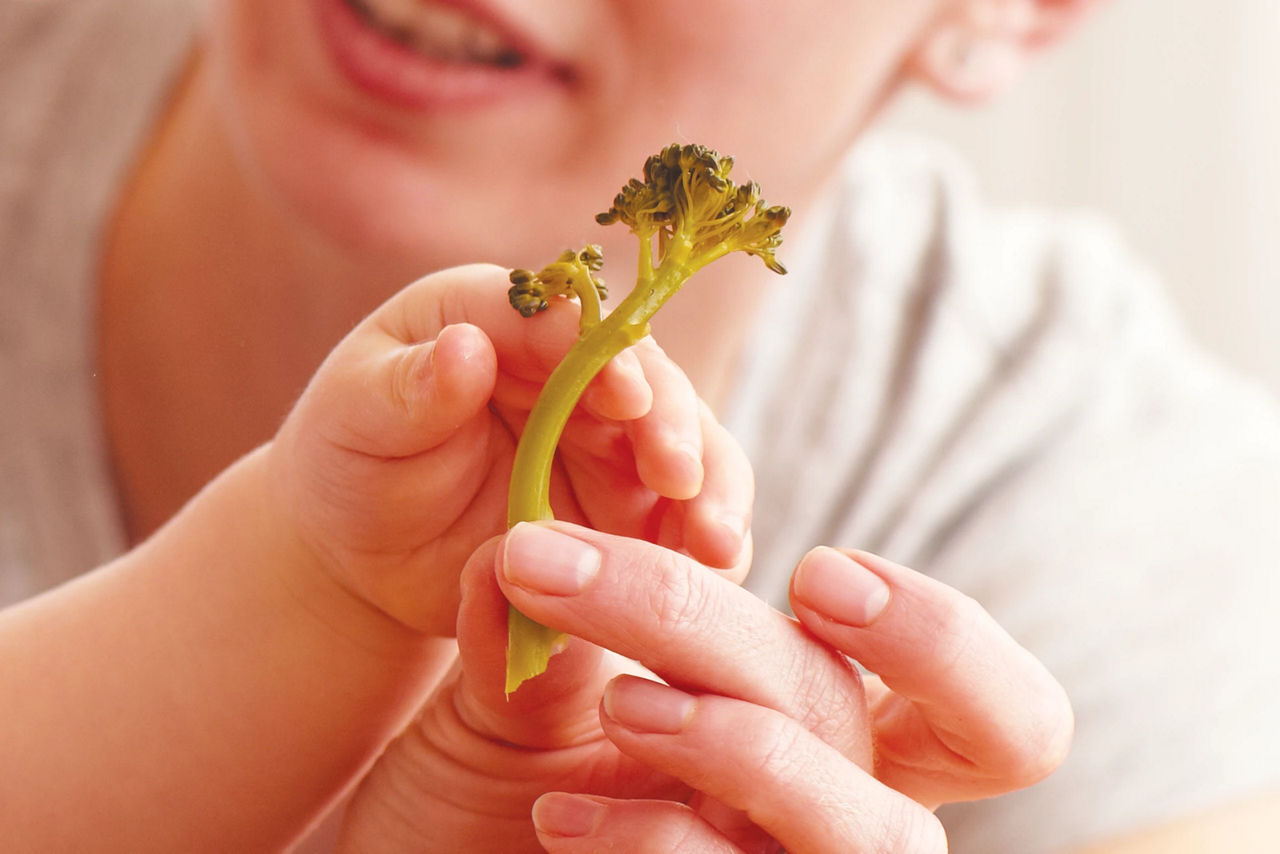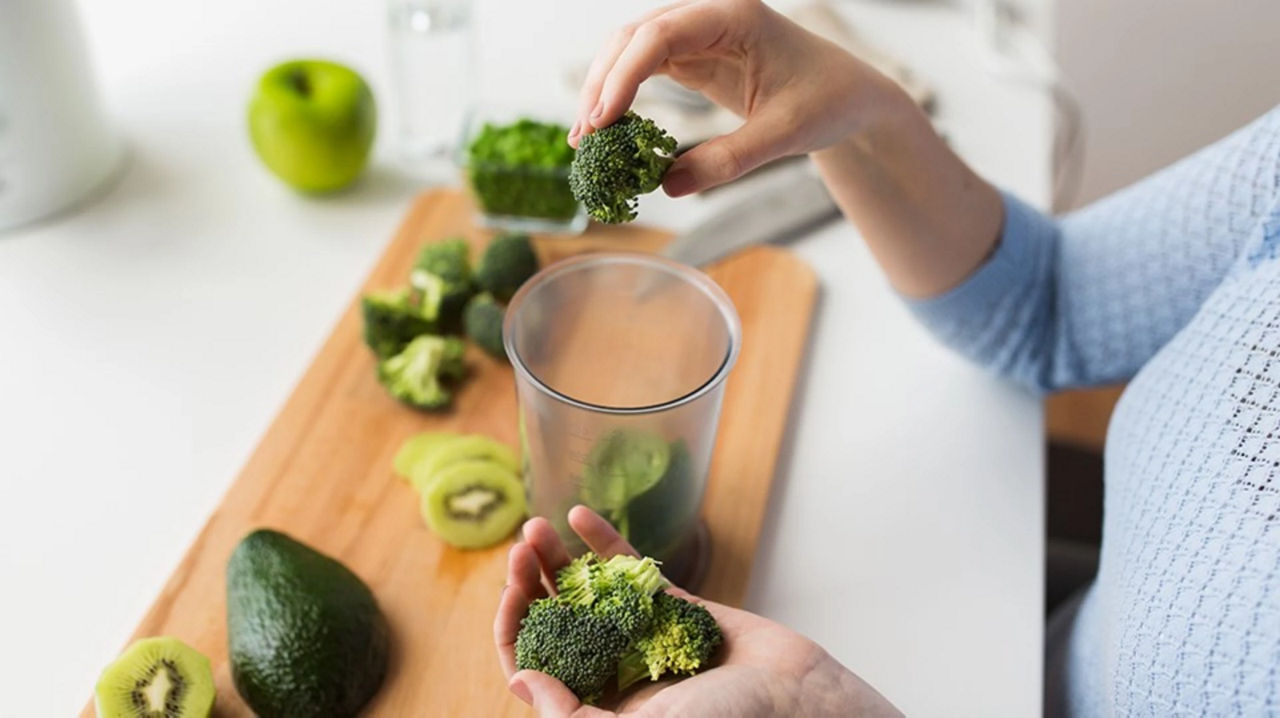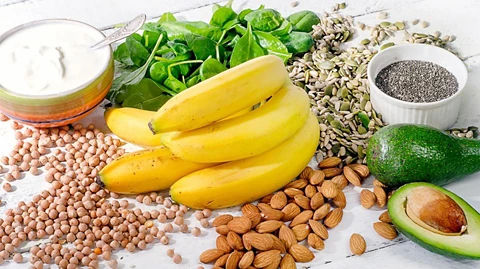HUNGER GAMES
Overcoming resistance at mealtimes
Many toddlers are temperamental when it comes to food. Picky eating is a normal, although sometimes worrying, part of their development. Learn what may be behind your toddler’s ever-changing eating habits, how to encourage them to eat a wider variety of foods and how to cope if your toddler seems to have a more serious aversion to trying new foods.






